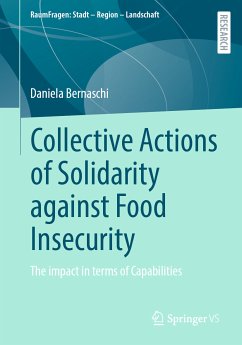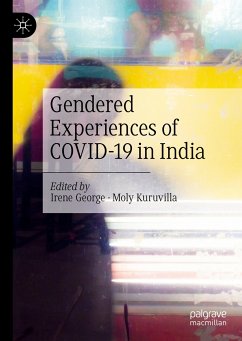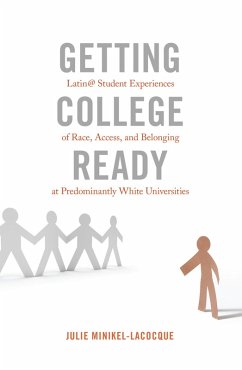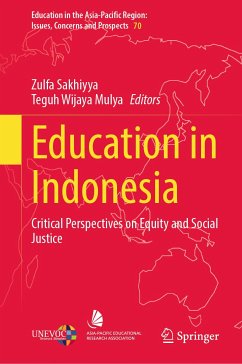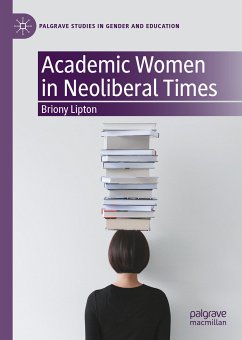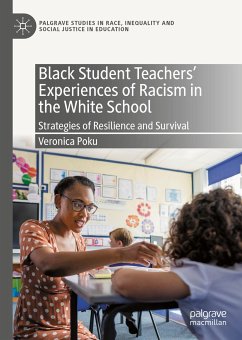
Experiences of Hunger and Food Insecurity in College (eBook, PDF)
Versandkostenfrei!
Sofort per Download lieferbar
48,95 €
inkl. MwSt.
Weitere Ausgaben:

PAYBACK Punkte
24 °P sammeln!
This volume explores the experience of hunger and food insecurity among college students at a large, public university in north Texas. Ninety-two clients of the campus food pantry volunteered to share their experiences through qualitative interviews, allowing the author to develop seven profiles of food insecurity, while at once exploring the impact of childhood food insecurity and various coping strategies. Students highlighted the issues of stigma and shame; the unwillingness to discuss food insecurity with their peers; the physical consequences of hunger and poor nutrition; the associations...
This volume explores the experience of hunger and food insecurity among college students at a large, public university in north Texas. Ninety-two clients of the campus food pantry volunteered to share their experiences through qualitative interviews, allowing the author to develop seven profiles of food insecurity, while at once exploring the impact of childhood food insecurity and various coping strategies. Students highlighted the issues of stigma and shame; the unwillingness to discuss food insecurity with their peers; the physical consequences of hunger and poor nutrition; the associations between mental health and nutrition; the academic sacrifices and motivations to finish their degree in the light of food insecurity; and the potential for raising awareness on campus through university engagement. Henry concludes the book with a discussion of solutions-existing solutions to alleviate food insecurity, student-led suggestions for additional resources, solutions in place at otheruniversities that serve as potential models for similar campuses-and efforts to change federal policy.
Dieser Download kann aus rechtlichen Gründen nur mit Rechnungsadresse in A, B, BG, CY, CZ, D, DK, EW, E, FIN, F, GR, HR, H, IRL, I, LT, L, LR, M, NL, PL, P, R, S, SLO, SK ausgeliefert werden.



